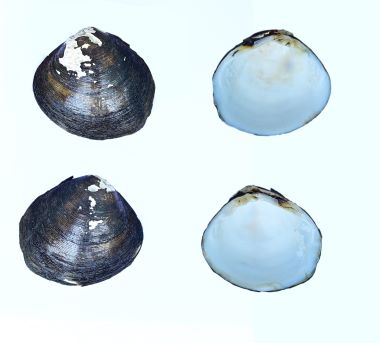Mangrove ecosystems are dynamic, hypoxic, and saline-variable environments that demand complex adaptive strategies from resident species. Bivalves such as Geloina coaxans stabilise sediments, recycle nutrients, and support local fisheries. Despite ecological and economic significance, genomic resources for this species are lacking, hindering research into adaptation, stress tolerance, and immune regulation. De novo transcriptomics offers an effective route to unravel molecular mechanisms in such non-model organisms. Here, we report the first de novo transcriptome of the mangrove clam Geloina coaxans, an ecologically important estuarine mollusc.

A total of 324 million Illumina paired-end reads were generated, producing 534,707 transcripts that were refined to 166,515 coding-rich sequences. ORF analysis showed 44.16% complete ORFs. Annotation against multiple databases retrieved 34,067 BLAST hits, 116,639 GO terms, and mapped 10,314 Reactome and 439 KEGG pathways. Functional categories were dominated by immune defense, oxidative stress, biomineralisation, and cancer-associated pathways, including “Pathways in cancer” and “Calcium signalling.” The G. coaxans transcriptome reveals an extensive molecular toolkit for coping with mangrove-associated stresses. The enrichment of immune and oxidative stress pathways reflects constant exposure to microbial and environmental challenges.
The detection of cancer-related pathways highlights conserved cellular regulation mechanisms, making Geloina a promising model for investigating neoplasia in invertebrates. Beyond ecology, candidate genes for antimicrobial peptides and stress biomarkers may have translational value in aquaculture and biomedicine. This study establishes a foundational reference for mangrove clam genomics, enabling future studies on adaptation, population health monitoring, and bioactive discovery.
(Source: ICAR-Central Marine Fisheries Research Institute, Kochi)







फेसबुक पर लाइक करें
यूट्यूब पर सदस्यता लें
X पर फॉलो करना X
इंस्टाग्राम पर लाइक करें